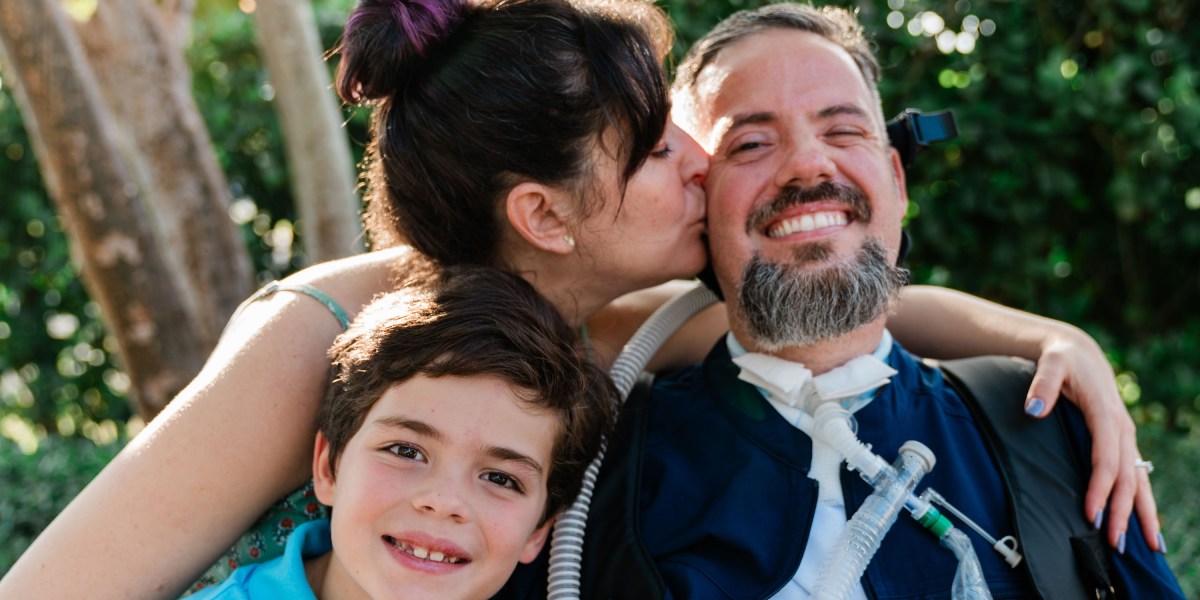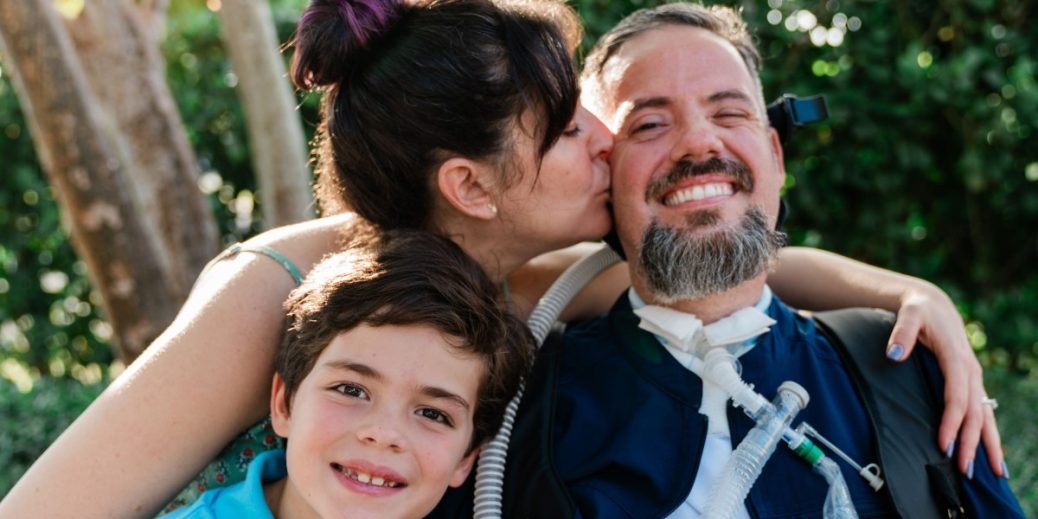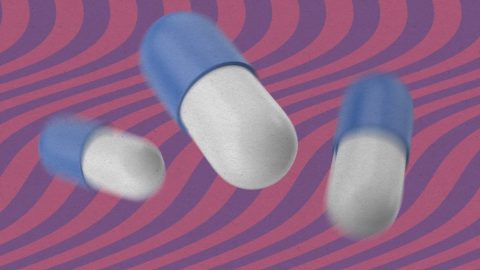
Motor neuron diseases took their voices. AI is bringing them back.
Jules Rodriguez lost his voice in October of last year. His speech had been deteriorating since a diagnosis of amyotrophic lateral sclerosis (ALS) in 2020, but a tracheostomy to help him breathe dealt the final blow.
Rodriguez and his wife, Maria Fernandez, who live in Miami, thought they would never hear his voice again. Then they re-created it using AI. After feeding old recordings of Rodriguez’s voice into a tool trained on voices from film, television, radio, and podcasts, the couple were able to generate a voice clone—a way for Jules to communicate in his “old voice.”
Rodriguez is one of over a thousand people with speech difficulties who have cloned their voices using free software from ElevenLabs. The AI voice clones aren’t perfect. But they represent a vast improvement on previous communication technologies and are already improving the lives of people with motor neuron diseases. Read the full story.
—Jessica Hamzelou
The AI relationship revolution is already here
AI is everywhere, and it’s starting to alter our relationships in new and unexpected ways—relationships with our spouses, kids, colleagues, friends, and even ourselves. Although the technology remains unpredictable and sometimes baffling, individuals from all across the world and from all walks of life are finding it useful, supportive, and comforting, too.
People are using large language models to seek validation, mediate marital arguments, and help navigate interactions with their community. They’re using it for support in parenting, for self-care, and even to fall in love. In the coming decades, many more humans will join them. And this is only the beginning. What happens next is up to us. Read the full story.
—Rhiannon Williams







Recent Comments